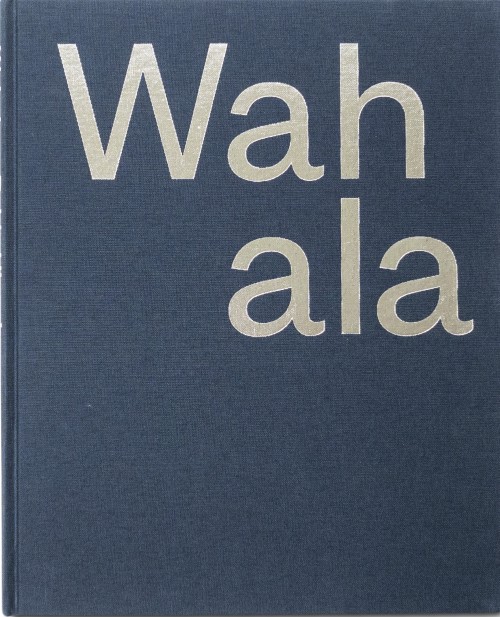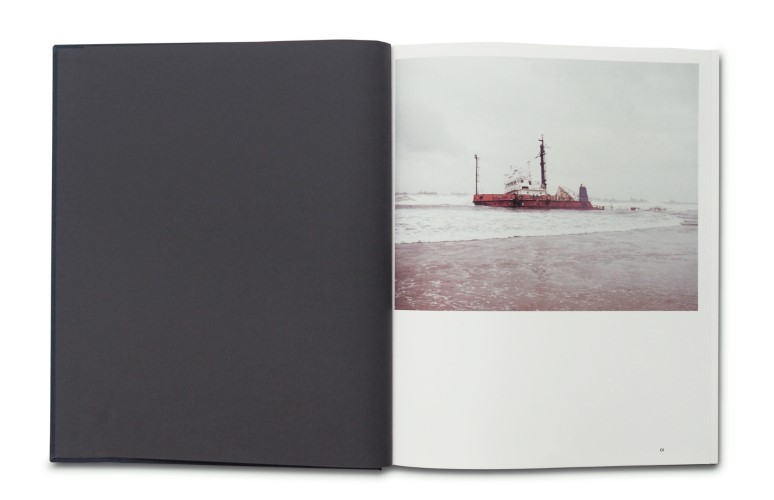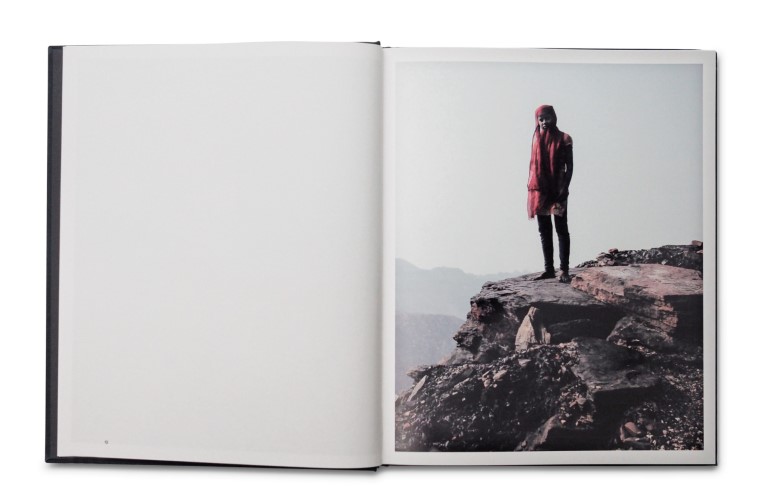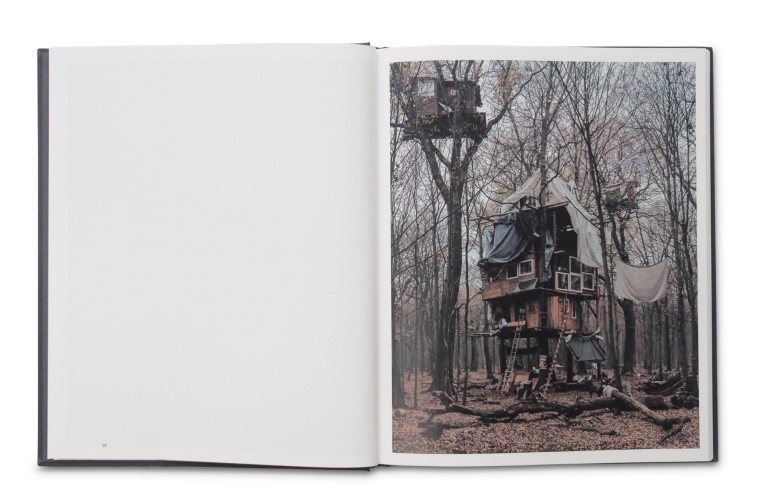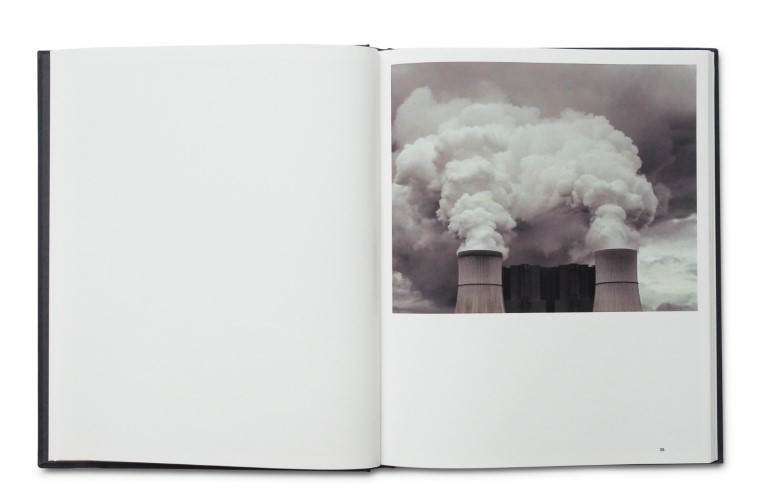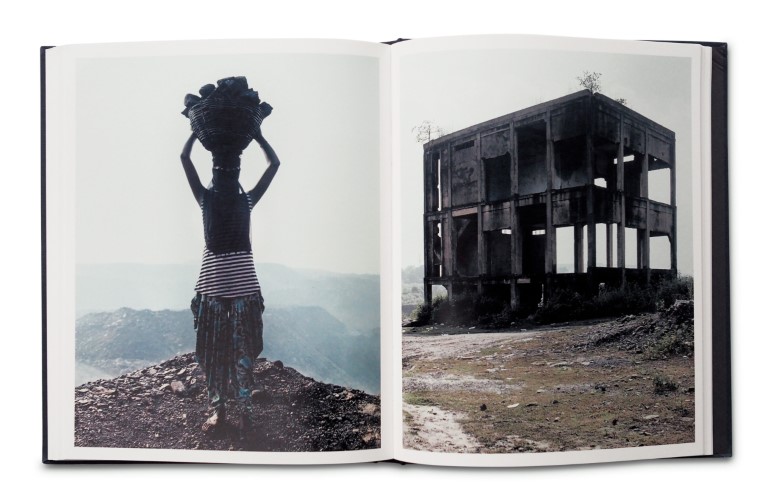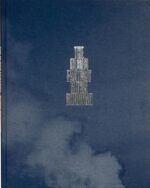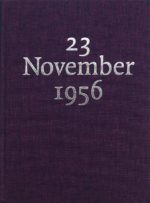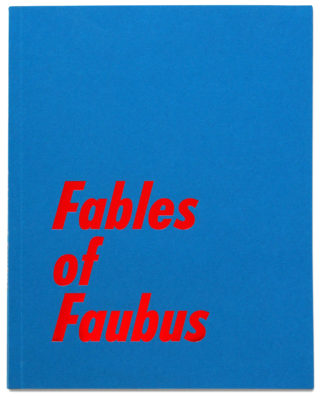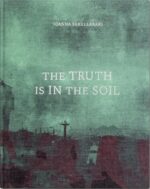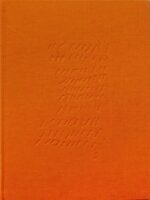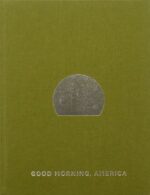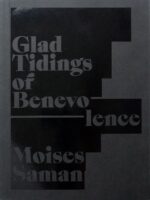Exemplaire Signé.
Les photographies du livre ont été réalisées dans les champs de pétrole du delta du Niger, au Nigeria, dans la ceinture houillère de Jharkhand, en Inde, et dans les mines à ciel ouvert de Brandebourg et de Rhénanie-du-Nord-Westphalie en Allemagne et en Silésie en Pologne. Ils se déplacent entre les détails et les vues d’ensemble, les paysages et les portraits, le familier et l’étranger, désorientant le spectateur quant à quoi et où ils regardent. Les images sont cinématographiques : ciel sombre et menaçant, paysages dramatiques éclairés par des éruptions de gaz, ruines effondrées de bâtiments. S’écartant du simple documentaire, le livre construit de nouveaux récits d’imagerie associative pour raconter l’histoire de l’exploitation, à la fois par les entreprises internationales et par ceux qui vivent dans les zones touchées par leur présence, à son tour, le piratage du système.
« Wahala traduit la violence de ces mécanismes mondiaux d’extraction de combustibles fossiles en visibilités qui nous aident à saisir leur complexité… Maintenant, nous pouvons comprendre : avec l’exploitation de la planète, nous nous détruisons. » – Dre Sophie Charlotte Opitz
Le mot yoruba « wahala » signifie « problème » ou « stress » et est un terme pidgin largement compris au Nigeria. Il est rarement seul, mais quand il le fait implique qu’il y a un problème qui laisse un secoué ou sans voix. L’accent mis par Hinsch sur l’endroit où l’effet écologique de l’homme sur le monde est le plus flagrant vise à avoir cet impact, montrant à la fois la complexité du sujet et que le problème est notre problème.
« Les infrastructures de combustibles fossiles sont multiples et s’étendent bien dans notre environnement immédiat. Depuis les têtes de puits, les oléoducs, les mines de charbon, les tunnels et les ascenseurs, ces canaux de fourche de feu, se ramifient et se fusionnent à nouveau dans de grandes installations de soutage, des raffineries, des centrales électriques, et les stations-service. Enfin, ils atteignent les réservoirs de nos voitures, les plus petits gazoducs de nos maisons, l’électricité avec laquelle nous chargeons nos téléphones. En fait, l’activité massive de brûler des bâtons de combustibles fossiles, d’une manière ou d’une autre, à tout ce que nous achetons au supermarché. À peu près rien n’arriverait aux étagères sans le carburant brûlé dans les camions, les porte-conteneurs et les avions. Le pétrole et le charbon alimentent une gigantesque chorégraphie de marchandises et de personnes, se déplaçant autour de la terre sur unà plus grande échelle et avec toujours plus de rapidité. Les combustibles fossiles restent ainsi dans nos vies comme un revêtement fin uniquement visible en lumière noire, une couche mince, invisible, visqueuse et presque impossible à laver. » – Moritz Frischkorn
Pour réaliser ce projet, Hinsch a collaboré avec Pinaki Roy, enseignante et militante sociale travaillant au Jharia Coalfield en Inde, Fyneface Dumnamene, militante pour la justice environnementale, défenseure des droits de la personne et directrice générale du Youth and Environmental Advocacy Centre (YEAC)., Nigeria; et Nnenna Obibuaku, journaliste indépendante et professionnelle du multimédia travaillant sur tout le continent africain ; textes de Moritz Frischkorn et Sophie Charlotte Opitz.
Signed Copy.
The photographs in the book were made in the oil fields of the Niger Delta, Nigeria; the coal belt of Jharkhand, India; and the open cast mines of Brandenburg and North Rhine- Westphalia in Germany and Silesia in Poland. They shift between details and overviews, landscapes and portraits, the familiar and the foreign, disorientating the viewer as to what and where they are looking at. The images are cinematic—dark and brooding skies, dramatic landscapes lit by gas flares, collapsing ruins of buildings. Deviating from straight documentary, the book constructs new narratives of associative imagery to tell the story of exploitation—both by international companies and by those living in the areas impacted by their presence, in turn, hacking into the system.
‘Wahala translates the violence of these global mechanisms of fossil fuel extraction into visibilities that help us grasp their complexity… Now we can understand: with the exploitation of the planet we destroy ourselves.’ – Dr. Sophie Charlotte Opitz
The Yoruba word ‘wahala’ means ‘problem’ or ‘stress’ and is a widely understood pidgin term in Nigeria. It rarely stands alone, but when it does it implies there is a problem that leaves one shaken or speechless. Hinsch’s focus on where man’s ecological effect on the world is most glaring aims to have this impact—showing both the subject’s complexity and that the problem is our problem.
‘Fossil fuel infrastructures are manifold and extend well into our immediate environment. From wellheads, oil pipelines, coal mines, tunnels and elevators, these channels of fire fork, branch out and merge back into large bunkering facilities, refineries, power plants, and filling stations. Finally, they reach the tanks of our cars, the smaller gas pipelines of our houses, the electricity with which we charge our phones. In fact, the massive activity of burning fossil fuels sticks, in one way or another, to anything we buy in the supermarket. Next to nothing would make it to the shelves without the fuel burnt in trucks, containerships and airplanes. Oil and coal are fueling a gigantic choreography of commodities and people, moving around the earth on an ever-greater scale and with ever more speed. Fossil fuels thus stick to our lives like a fine coating only visible in black light, a thin, invisible layer, viscous and almost impossible to wash off.’ – Moritz Frischkorn
To make this project, Hinsch collaborated with Pinaki Roy, a teacher and social activist working at the Jharia coalfield in India; Fyneface Dumnamene, an environmental justice activist, human rights defender and the executive director of Youths and Environmental Advocacy Centre (YEAC), Nigeria; and Nnenna Obibuaku a freelance journalist and multimedia professional working throughout the African continent ; texts by Moritz Frischkorn and Dr. Sophie Charlotte Opitz.
_
Robin Hinsch is an artist and photographer based in Hamburg and Berlin, Germany with a focus on social-economic and political issues often combining photography with film collages and installation techniques. He has travelled widely and made work in China, India, Iraq, Liberia, Nigeria, Russia, Syria, Uganda and Ukraine amongst others. He is the recipient many awards including World Photography Awards, International Photography Award, European Photo Exhibition Award and the Georg Koppmann Prize and is a member of the German Photographic Academy. In 2017 Hinsch founded „Format“ a laboratory for contemporary photography in Hamburg.

